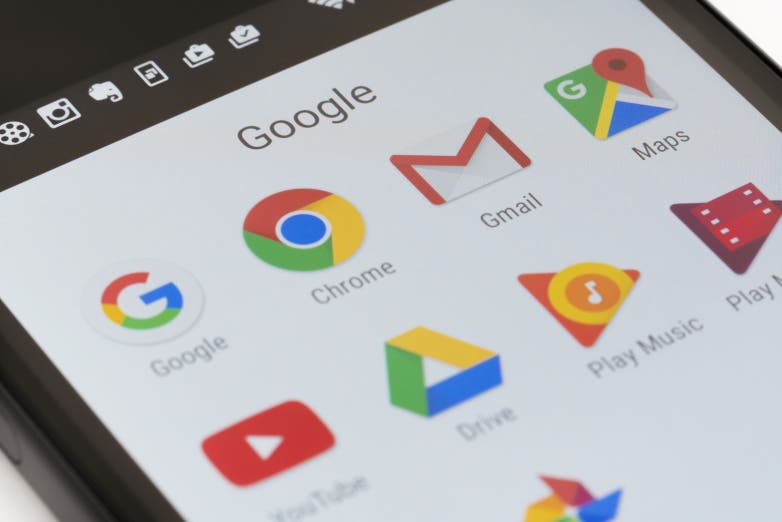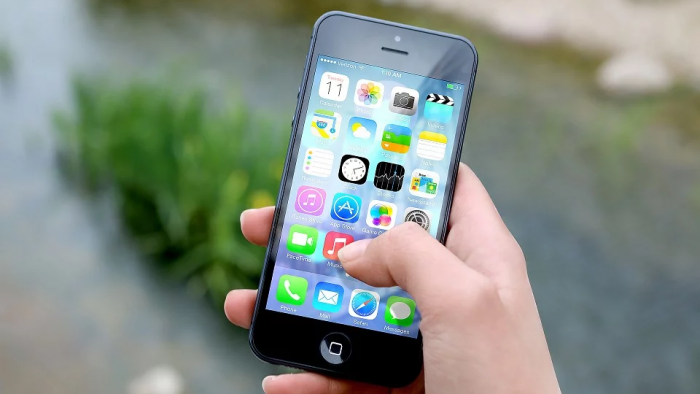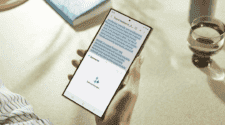Since the introduction of the internet, privacy has been a subject of major concerns. Over the years, there have been many improvements in the protection of user private data. However, completely clearing this problem is almost impossible. In truth, most of us just give approval to apps without actually reading or understanding the privacy settings. We do this because we just need to use the app and we do not consider our privacy. Recently, the Shanghai Consumer Protection Committee (SCPC) evaluated 39 popular online mobile apps that offer travel and lifestyle services. It found that 25 of the 39 popular mobile apps request for “too much” private information.

SCPC – Many apps over-collects private information
According to SCPC, these apps want access to read your text messages, send text messages, calendar information, etc. These are completely private pieces of information that the app does not need. In fact, the app does not need them to work. We usually receive a couple of important information and codes on our message box. Once these information leaks, it may bring unpredictable risks to consumers.
In addition, 60% of consumers record important items on the calendar. Once the app obtains this permission, it can read the itinerary information, trade secrets, etc. It invariably has access to whatever we store in our calendar. Furthermore, almost all App launches require consumers to authorize a list of mobile apps.
According to experts, these apps will not only read but also compare our system, see what is installed and uninstalled. It can now use this information to accurately monitor consumers, and even know if consumers are new or not.
In addition, SCPC also evaluated mobile phone maps, input methods, browsers, and video-like mobile apps. Its results show that 46 of 52 popular apps require sensitive permissions without the actual need for this information. That is to say, close to 90% of apps are suspected of over-collecting consumer personal privacy information.
Example of what happens when your data has been stolen
When you receive spam messages and phone calls, its possible that the sender got your information from an app. If we receive certain anonymous messages that correspond to what we need at the moment, it could be a privacy leak situation. For example, if your wife is pregnant and you record the forecast delivery date on your calendar, an app could get a hold of that information. Shortly before or after the delivery, you may start getting spam messages advertising products for newborn babies. In fact, this is because your data has been stolen. This behavior is either a hacker stealing data or internal data theft. According to the “Report on the Protection of Chinese Netizens’ Rights and Interests” from China Internet Association in 2016, Chinese netizens received an average of 20.6 million spam messages per week and 21.3 million phone calls.





